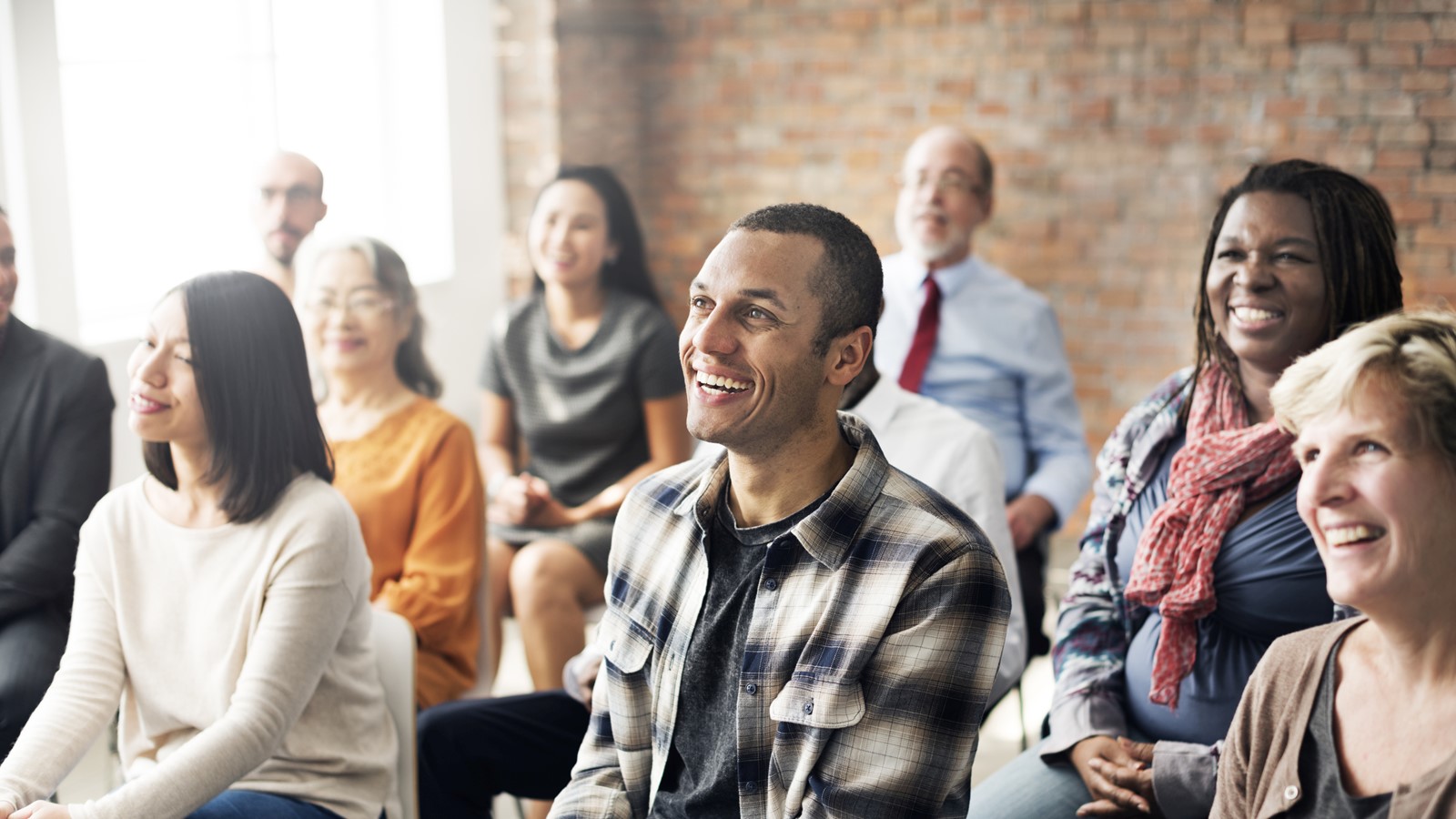We’re delighted to welcome back our free in-person Making Connections events.
These regular face to face conferences take place throughout the year and give you the chance to network with other members and our divisional executive members.
Programme
Click on the sessions to find out more. If you are viewing this page on a mobile, rotate your screen to view the programme.
| 10.00am – 10.30am | Registration |
| 10.30am - 10.50am | Welcome from Emma Farrell, BACP Governor and Phil James, CEO of BACP |
| 10.50am – 11.35am | My lived experience training as a counsellor and continuing to practice in the counselling profession, presented by Abigail Denny |
| 11.35am – 12.25pm | Developing methods in film therapy and grief counselling, presented by Jenny Hamilton |
| 12.25pm – 1.25pm | Light lunch |
| 1.25pm – 1.45 pm | Local member two-minute platforms |
| 1.45pm – 2.40pm | Connecting together The room will be divided into different areas of interest, for more focused and structured networking. You’ll be encouraged to move around the room and engage with colleagues, volunteers and BACP staff to network, share ideas and meet new people with similar interests. You’ll be able to add a new area of interest if yours isn’t represented. |
| 2.40pm – 3.10pm | Refreshments |
| 3.10pm – 3.55pm | Early development trauma as neuro-diversity, presented by Mark Siggery |
| 3.55pm - 4.00pm | Event close |
This programme is subject to change.
My lived experience training as a counsellor and continuing to practice in the counselling profession.
10.50am – 11.35am
Abigail Denny aims to highlight how counsellors are trained to hold unconditional positive regard (UPR) however, this does not seem to extend to those within the profession. Barriers to entering the profession are often overlooked. This presentation will shine a light on blockades, that are not purely physical, but also emotional. For a disabled professional entering the counselling community, it can be severely detrimental. Enduring any kind of difference does not mean one is less capable than anyone else. However, the disabled professional can often be judged on surface presentation, leaving them on the outside fighting to get in and be recognised. The presentation will explore ways in which such barriers can be removed.
11.35am - 12.25pm
This talk explores developments in film therapy and grief counselling developed by Jenny from a practitioner-researcher perspective. This talk discusses the therapeutic possibilities of film and tv and presents a method, the MOVIE model, for working with film in therapy, along with new models in grief counselling, that address the role of love and story in grief and fathers experience of loss. The talk considers the possibilities for innovation that can emerge from the relationship between practice and research.
3.10pm – 3.55pm
This session aims to introduce curiosity when thinking about early developmental trauma. How trauma creates changes in the brain; adaptations to a frightening world and frightening or confusing attachments. As therapists we can think about what is therapeutic to the system that supports traumatised young people. How anxiety can spread through the system and the drive for symptom led outcomes; ie self harm and behaviour which can take focus from the young person. We can think about how we can introduce concepts such as PACE to empower children, young people and the networks around them and other responses to encourage re-connection. To think about the need to replace defensiveness with curiosity. We could also think about empathy and the need to reflect and balance our own experiences and self care.
Mark aims to introduce thinking around the impact of trauma on the under developed sensory systems impacted by trauma and thinking about the experience of a developing baby, and what therapists might observe in the older child in school or home environments.
